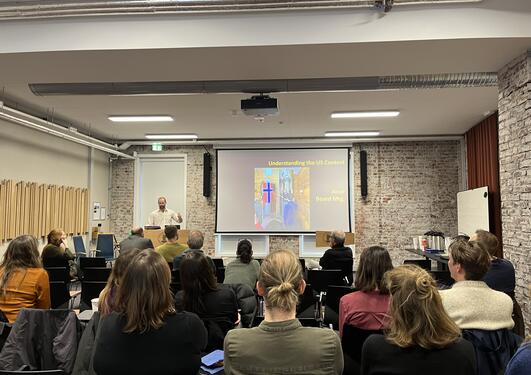
Technological innovation in human-computer interfaces, medical breakthroughs in nano- and biotechnology, algorithmic governance, new technologies to intervene in anthropogenic climate change, all seriously challenge established understandings of the human being and its environment.
Mind-blowing questions are now being asked, such as: What is the nature of the future human being? What are the potentials of new genetics or of cloning? Can AI develop human qualities? What happens to social relations when we are primarily living in digital and virtual spaces? What social status do robots, avatars and digital selves acquire?
"Human Futures: A Study of Technoscientific Immortality" explores the impact of advancements in technology on our understanding of the human being and the environment. This research project focuses on death, a key aspect of humanity that may change in the future due to advancements in fields such as human-computer interfaces, medical technology, AI, and virtual reality. Through six ethnographic case studies, the project compares the imaginaries and practices of what may be termed "technoscientific immortality" in Russia and the US.

